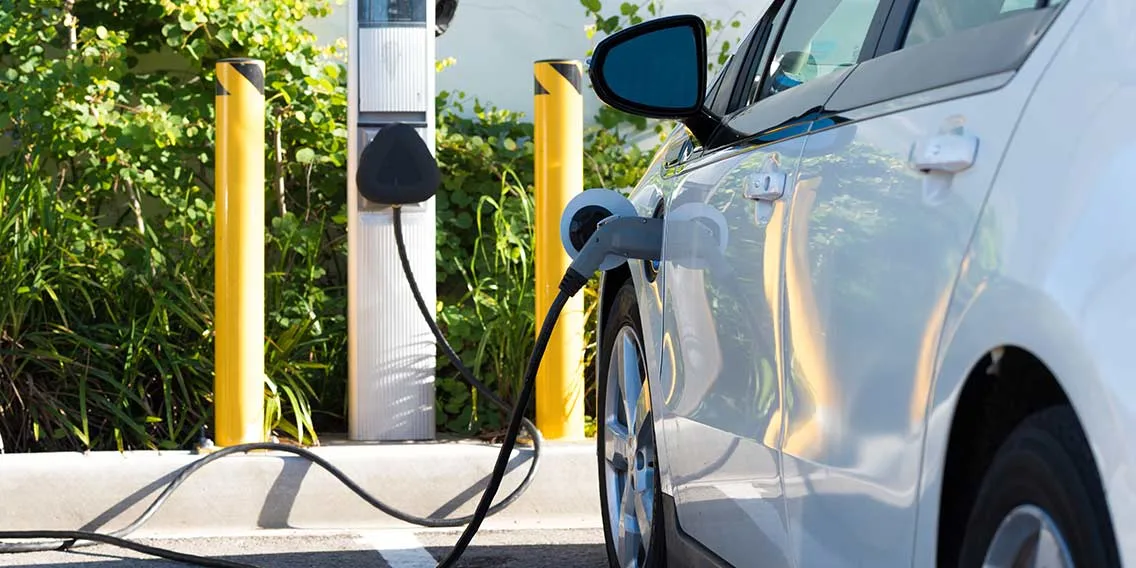AUTO
How to Get a Car Loan as a Student
EXPECTED READ TIME:4 MINUTES
The life of a college student life is busy. From attending class, working, and everything else that makes up the college experience, students need a reliable way to get where they need to be — especially if they live off campus.
Let's talk about the ways to buy a car as a student.
Can You Use Student Loans to Buy a Car?
The simple answer is no. You cannot use student loans to purchase a vehicle because student loans are exclusively reserved for covering the cost of attendance, as specified by colleges and universities.
While transportation costs are included in the cost of attendance, it does not extend to the purchase of a car. Even if you live off campus and need a car to get to class, a student loan cannot be used to purchase one.
That means if you're a student and you need to borrow money to buy a car, a car loan is the way to go.
How Does a Car Loan Work?
What to Remember: Selecting a longer loan term in order to lower your monthly payment means you'll pay far more in interest over time.
Let's start with the basics. A car loan is a kind of secured loan, which means the car is used as collateral. So, if you don't make your monthly loan payments, your car could be repossessed to the lender as payment.
Taking out a loan might be a new step for some students, so being familiar with common terms can help as you start your search.
- Down payment: the money you pay upfront that goes toward a purchase (it's possible to get a car with no down payment)
- Monthly payments: the amount of money you pay each month to pay off your loan
- Loan term: the length of a loan or how much time you have to pay it off (commonly 24-72 months)
- Principal: the amount of a loan without interest or other fees
- Interest: the amount a lender charges for borrowing money, which is expressed as a percentage of the principal
Shopping around for a loan before you start looking for a car can help you get a clear idea of how much money you can borrow, what current interest rates are, and how long you may need to pay back the loan.
Where to Get Your Car Loan
Shopping for a car loan is like shopping for anything else. You want to shop around and research your options. As you explore those options, keep in mind some common organizations to look into:
- Credit unions: As a not-for-profit organization, a credit union will likely offer lower rates and fewer fees than most banks. Credit unions are also generally more willing to work with borrowers who have lower credit scores.
- Banks: Banks may offer competitive interest rates, but they're most often for borrowers with excellent credit scores.
- Online lenders: These lenders typically offer lower interest rates than banks, but as they're online-only, you could have difficulty connecting with a loan officer if you have questions.
- Dealerships: While dealerships offer low-interest rates, they're only available to those with excellent credit. Also, some dealerships may charge several fees. It could be more beneficial to lock in your financing before visiting the dealership.
Regardless of which option you choose for your financing, you can buy your car online (link to online car buying article) or in person.
First-Time Car Loans for Students
Since many students don't have verifiable income or much credit, some manufacturers and credit unions offer student car loan programs. Rather than relying as heavily on credit history, these programs may consider a strong GPA as a qualifying factor for loan approval. Additionally, these programs may offer discounts, rebates, and competitive rates.
One car buying mistake first-timers make is not considering a cosigner. A cosigner can help students without much credit qualify for a loan — it can potentially help with getting a better interest rate too.
Can You Afford a Car in College?
Whether you can afford a car as a student depends on your financial situation, but here's a review of expenses to consider:
- General car-owner costs: down payment, monthly payment, interest, insurance, gas, regular maintenance, one-off repairs, vehicle registration, and tax fees
- Optional costs: extended warranty, credit insurance
- School-related costs: parking passes, managing car loan debt with existing student loan debt
What Else to Consider
You know you need a car, but there are other things to think about. For example, is buying the right option? When you compare buying vs. leasing, you might find leasing a car makes more sense.
However, if you decide to actually buy a car, the next question you need to answer is whether you should buy a new or used car.
Your Next Steps
When you're in college, a car may be a requirement. While you can buy a car as a student, it's important to take time to do your research, think through your options, and use any online tools.
Ready to Research Auto Loans?
See the auto loan rates, features, and benefits available to you.




